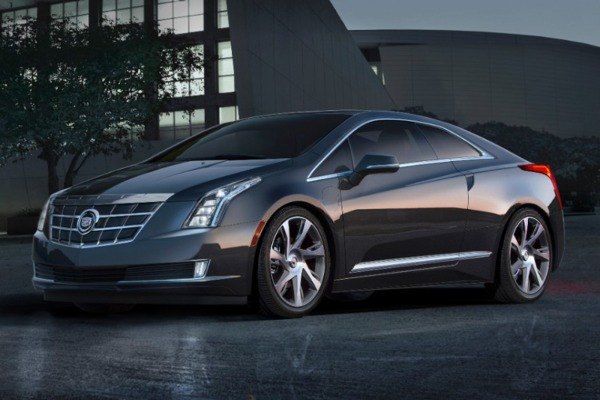#hybird
Cadillac Reports 43% Of Dealers Will Not Sell ELR
A niche vehicle is one that serves a very specific set of buyers with a vehicle that’s defined by a specialized and uncommon or unique role; and is often knowingly sold in low numbers to satisfy that dedicated group. Sometimes it’s to test a market: The Miata created its own niche in the 1990’s, and became a role model for modern product, like the S2000 and BRZ/FRS. Other are more esoteric niches, like the Nissan Murano CrossCabriolet. Sometimes, niche cars bring buyers to a brand that they would not have thought about before.
Currently, one of our most popular niches is the hybrid segment, dominated by the Toyota Prius. Chevrolet threw their hat into the ring, inadvertently, with the Volt. Though primarily an electric car, it does run the gas engine as a series hybrid with engine lockup if needed for maximum efficiency. The sales have been mediocre, pushing just over 23,000 units in 2013. The Prius? It sold over 145,000 units in the same time period..
Is it any wonder, then, why 43% of Cadillac’s dealers aren’t willing to take the up-market, $75,000 (before $7,500 Federal tax credit) Cadillac ELR? It’s a niche of a niche. And it’s an expensive one for dealers to take a risk on.
















Recent Comments